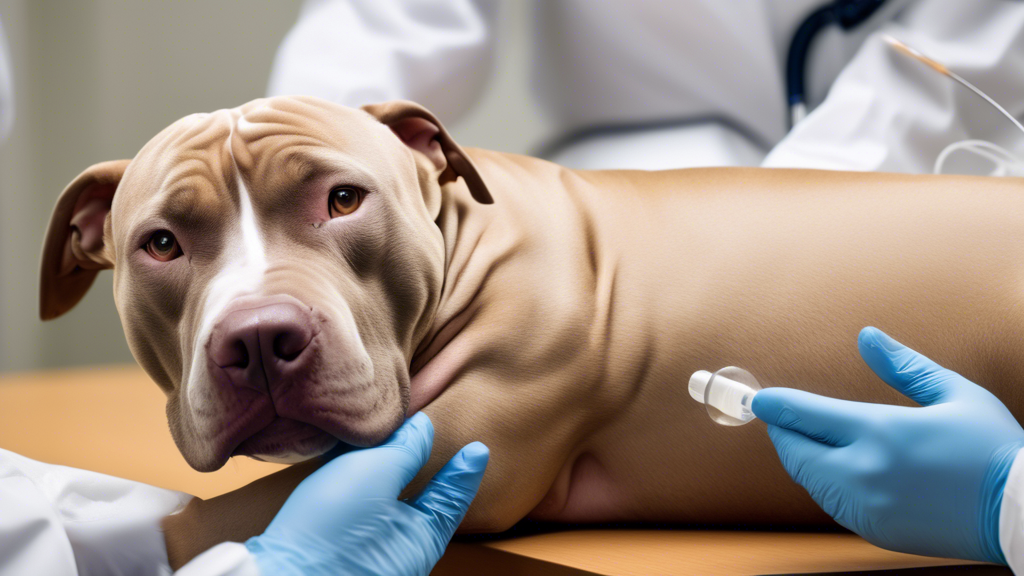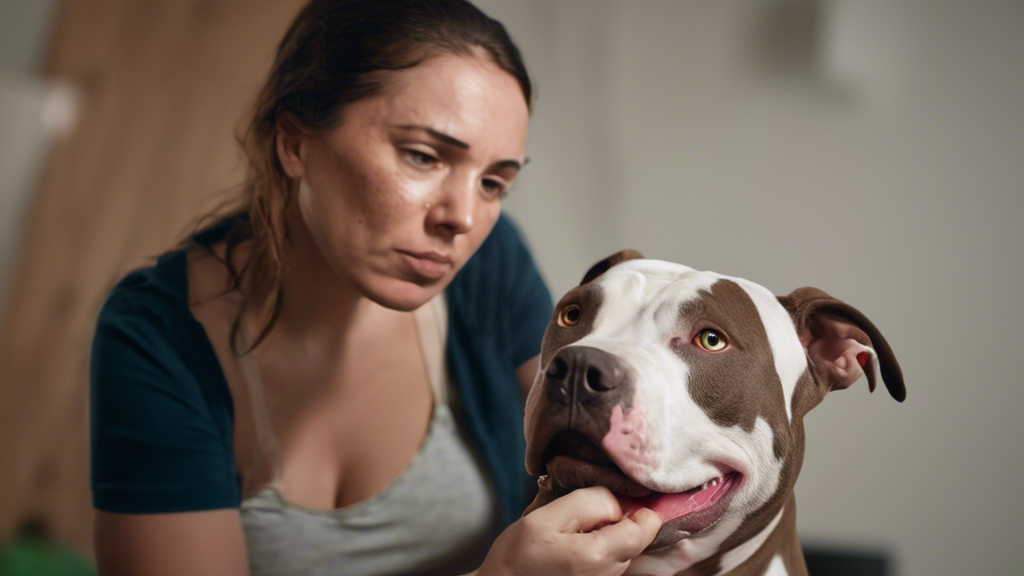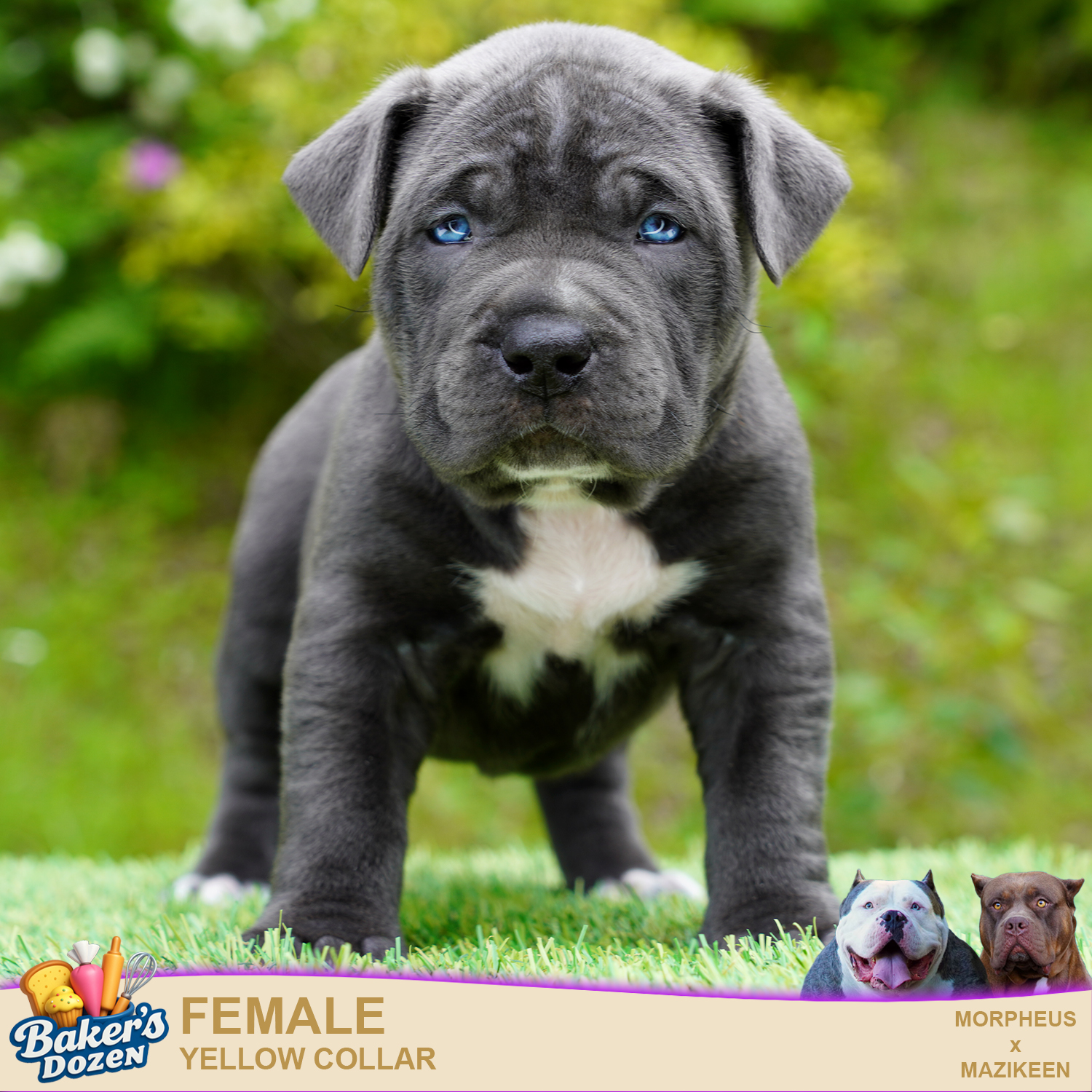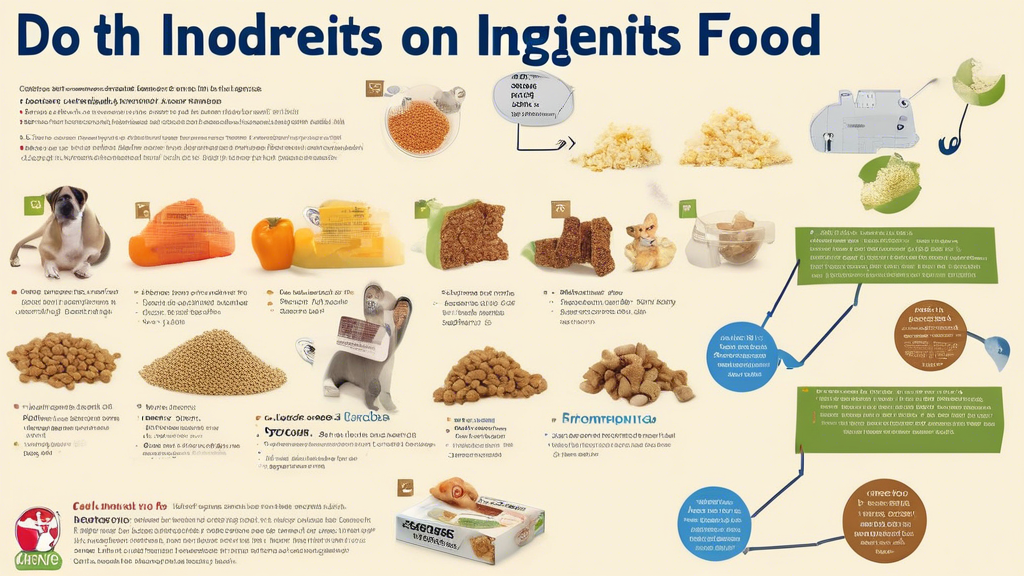**Introduction:**
Pitbulls are renowned for their resilience and athleticism, but they can also suffer from various skin issues that require prompt attention. Understanding the underlying causes and effective treatments is crucial for maintaining their health and well-being. This comprehensive guide will explore the common causes of pitbull skin issues, ranging from allergies to hormonal imbalances, and delve into the various treatment options available. By delving into medications, topical treatments, dietary changes, lifestyle modifications, and natural remedies, we aim to empower pitbull owners with the knowledge and tools to effectively manage their dogs’ skin concerns and ensure their optimal well-being.
## Causes of Pitbull Skin Issues
Pitbulls are known for their distinctive appearance and friendly demeanor, but they can also be prone to skin issues. Understanding the underlying causes can help you effectively manage and treat these problems.
### Allergies
Allergies are a common cause of skin problems in Pitbulls. These can be triggered by various substances, including:
– **Environmental allergens:** Pollen, dust mites, and mold spores
– **Food allergies:** Ingredients in beef, chicken, dairy, or wheat
– **Contact allergens:** Plants, soaps, or cleaning products
### Bacterial Infections
Bacterial infections can lead to skin inflammation, itching, and lesions. The most common bacteria that affect Pitbulls’ skin are:
– **Staphylococcus aureus:** Causes pyoderma, a superficial skin infection
– **Malassezia pachydermatis:** A yeast-like fungus that leads to Malassezia dermatitis, a skin condition characterized by redness and scaling
### Parasites
Parasites can also cause skin issues in Pitbulls. These include:
– **Demodex mites:** Microscopic mites that live in hair follicles, causing hair loss and skin irritation
– **Sarcoptic mites:** Also known as scabies, these mites burrow under the skin, causing intense itching and scabs
– **Fleas and ticks:** These parasites feed on blood, causing irritation and allergic reactions
### Hormonal Imbalances
Hormonal imbalances, such as hypothyroidism, can affect skin health in Pitbulls. Low thyroid hormone levels can lead to:
– Dry, flaky skin
– Hair loss
– Pruritic (itchy) skin
### Nutritional Deficiencies
Nutritional deficiencies, particularly of vitamins A, D, and E, can contribute to skin problems in Pitbulls. These vitamins are essential for maintaining healthy skin and immune function.
The #1 Free Source for Pitbull & Bully Pedigrees!

Treatments for Pitbull Skin Issues
Medications
In cases of severe or persistent skin issues, medications may be necessary. These include:
- Antibiotics: Treat bacterial infections such as pyoderma and cellulitis.
- Antihistamines: Alleviate itching and inflammation associated with allergies.
- Corticosteroids: Reduce inflammation and suppress the immune system.
- Thyroid hormone supplements: Address hormonal imbalances like hypothyroidism.
Topical Treatments
Topical treatments can provide direct relief to affected areas:
- Antiseptic shampoos: Clean and disinfect the skin, killing bacteria and reducing inflammation.
- Anti-itch sprays: Soothe and prevent itching.
- Moisturizers: Hydrate dry skin and prevent further irritation.
- Medicated wipes: Convenient for targeted application and easy clean-up.
Dietary Changes
Dietary modifications can alleviate skin issues caused by allergies or nutritional deficiencies:
- Elimination diets: Identify and remove potential allergens from the diet.
- High-quality protein sources: Provide essential amino acids for healthy skin.
- Essential fatty acids: Omega-3 and omega-6 fatty acids nourish and protect the skin.
- Vitamin and mineral complexes: Ensure adequate intake of nutrients vital for skin health.
Lifestyle Modifications
Lifestyle changes can improve skin health and prevent recurrence:
- Regular bathing: Maintain good hygiene and remove allergens and dirt.
- Grooming: Brush and remove loose hair to prevent matting, which can trap moisture and bacteria.
- Avoid harsh chemicals: Steer clear of abrasive soaps and cleaning solutions that can irritate the skin.
- Provide a clean environment: Keep the home and bedding clean to reduce exposure to allergens and dust mites.
Natural Remedies
Some natural remedies can provide additional support:
- Aloe vera: Soothes inflammation, moisturizes, and promotes healing.
- Colloidal oatmeal: Relieves itching, absorbs excess oil, and cleanses the skin.
- Coconut oil: Hydrates and provides antibacterial and antifungal properties.
- Apple cider vinegar: Diluted and applied topically, it balances pH levels and kills bacteria.
**Conclusion**
Managing pitbull skin issues requires a comprehensive approach that addresses the underlying causes and provides appropriate treatment. Allergies, bacterial infections, parasites, hormonal imbalances, and nutritional deficiencies are the most prevalent factors contributing to these problems.
Veterinary care is essential for diagnosing and treating the specific skin issue affecting your pitbull. Medications, topical treatments, dietary changes, lifestyle modifications, and natural remedies can all play a role in resolving skin problems. It is important to follow veterinary advice carefully and administer prescribed treatments as directed.
Regular grooming, including bathing and brushing, helps maintain a healthy skin barrier and remove allergens and irritants. Providing a balanced diet that is free from allergens and rich in essential nutrients supports overall skin health. Reducing stress and ensuring adequate exercise also contribute to healthy skin.
With proper care and management, pitbulls can enjoy healthy and comfortable skin. By understanding the causes and treatments for skin issues, owners can proactively prevent and address these problems, ensuring their furry companions have a high quality of life.










Leave A Comment